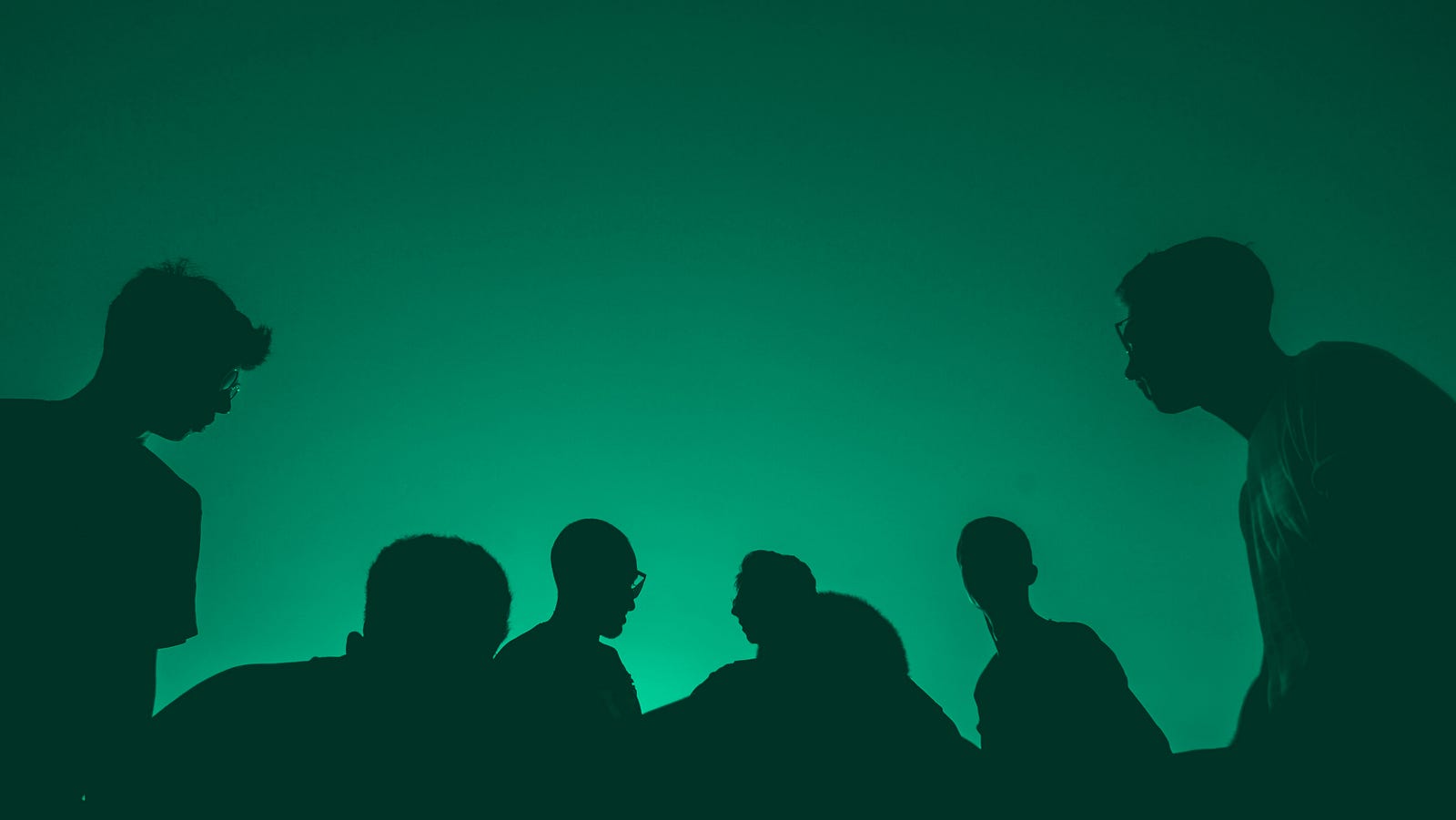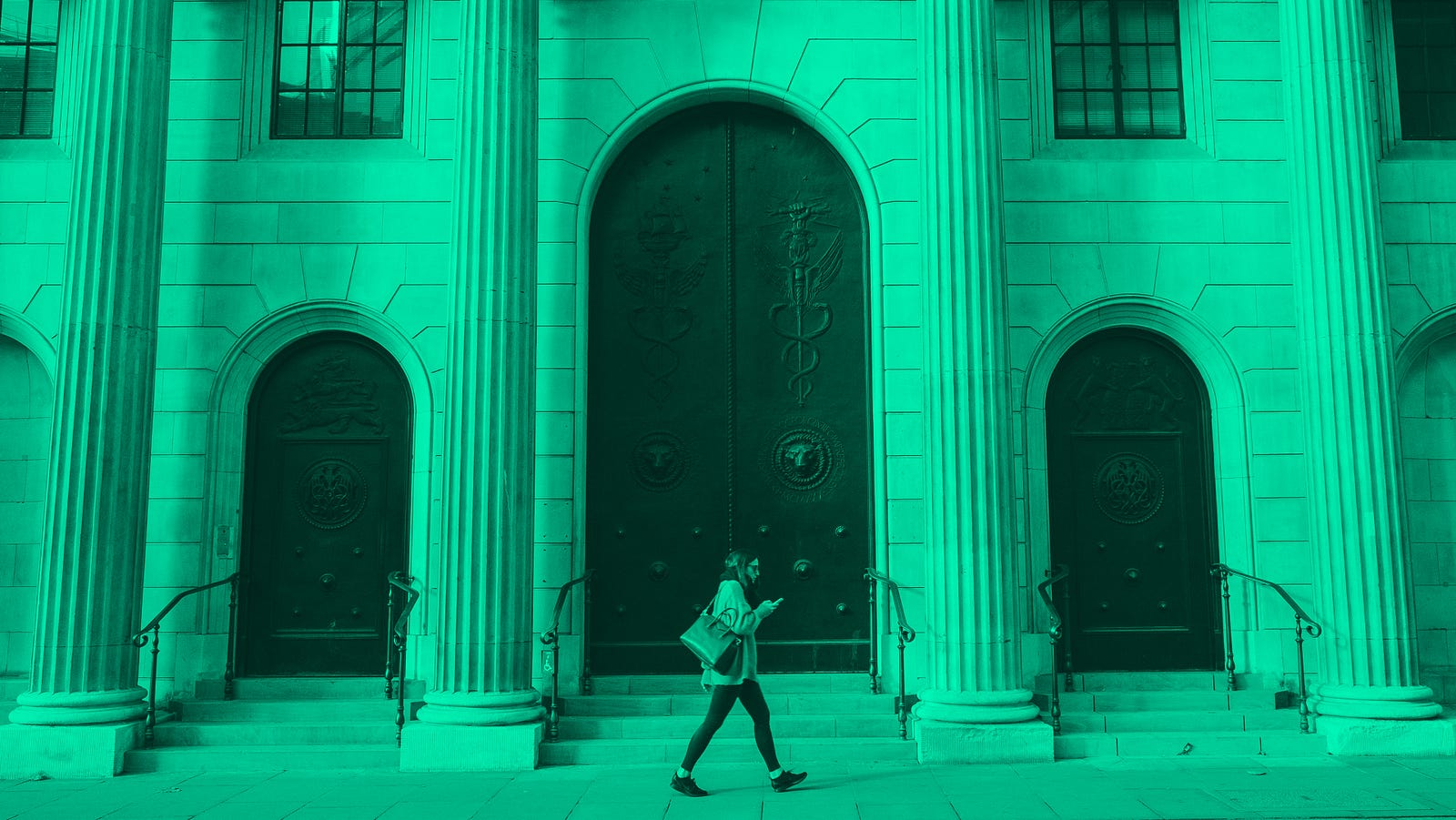
Imagine for a moment, that trust didn’t exist. Shopping online, using an app to call a cab or simply letting an electrician into your home would be impossible. The bureaucracy required to evaluate, verify, and approve every action we take, would grind our society to a halt. Instead of simplifying our lives, every new service and product would have to go through a rigorous and time-consuming authentication process. Undoubtedly, most aspects of our daily lives are, at least in part, made possible because we are able to trust the people and infrastructures around us. Trust is a fundamental mechanism in our society that provides practical shortcuts, allows for technological advances, enables collaboration and has propelled us forward economically and culturally. However this hasn’t always been the case and the amount of trust we extend to each other certainly differs across times and societies.
A Short History of Trust
Trust can be defined as a “firm belief in the reliability, truth, or ability of someone or something”, in other words, trust is a calculated risk we take, justified by the information we are able to gather about a certain individual, institution, product or service. At the beginning of human history, when social groups were small, having faith in the people immediately around us didn’t require enormous amounts of trust. Today we are living in a globalised society that is more connected than ever and that is advancing at ever accelerating rates. It has become impossible to know everyone we interact with. In order to understand how we arrived at this point, we need to have a closer look at the way our relationship with trust evolved over time.

Local Trust
During early civilisation, individuals already formed small social groups. Humans thrived in an environment where they could solve issues collectively, care for each other, face danger and fight in unity. Hunting and gathering was easier as a group and living in a tight-knit community provided shelter and social interaction. But in order for each individual to risk their time, safety and effort for the community’s good, there had to be an unspoken social contract. Trust, was a calculated risk that had to be taken to be able to enjoy the shelter, care and protection provided by living in a group. What made this level of trust possible?
Back then, these communities were small and only existed in specific locations, which allowed them to operate on a basis of accountability and reputation. If somebody didn’t hold up their end of the bargain, it was easy to track them down and hold them accountable. Members of the community who repeatedly abused other people’s trust would inevitably damage their reputation. Word spread quickly and a history of being unreliable might make it harder to take part and benefit from communal living in the future.
People would decide whether or not to trust another person depending on the information they were able to gather about them, either through personal experience or other people’s advice. But as communities grew bigger, these kinds of information became harder to come by. How would you decide whether to trust somebody if you didn’t know anything about them? How do you trust someone you have never met?
Institutional Trust
As societies increased in size and it became impossible to know everyone in your town, city or region, new systems of trust had to be established.
A third party, or centralised entity, was required to ‘manage’ who was trustworthy and who should better be avoided. Many of these institutions still play a big part in our society today. Banks, for example, provide us with financial information about individuals or businesses. We trust financial institutions to protect our money and handle transactions by holding all parties accountable. Similarly, guilds and unions, who are invested in maintaining a good reputation as a group, vet their members so we don’t have to. Religious institutions, in turn, offer a framework for building trust within our local communities through a shared moral code. Putting trust in centralised organisations has allowed us to comfortably interact with a larger group of individuals beyond the number of people we would be able to meet in person. This system has allowed for trade between nations and investments in companies, therefore facilitating enormous economic and social growth. Without it, we wouldn’t have been able to develop into globalised societies.

The entities we choose as proxies for trust certainly differ from culture to culture. Some societies prefer putting their trust into their elected (or unelected) leaders and the societal, economic and cultural structures they put in place and maintain. Other societies might prefer to rely on private businesses who operate independently from the government, but in all cases, we have agreed to trust designated institutions to facilitate wide-scale trust amongst the wider population. This institutional model has served us well, but things are changing. For the first time in history, the internet has allowed us to connect directly with each other, instantly and on a global scale. Technology now allows us to verify a user without the interference of an intermediary. With centralised institutions losing reach and relevance, who are we going trust now?
Distributed Trust
New technological services and products can make us feel like we have arrived in a society where it is finally possible to interact and trust a complete stranger on the other side of the world. Platforms like Airbnb give us the illusion of entering into a personal agreement with someone we have never met before. But this freedom is misleading. Ultimately companies like eBay or Uber are mere ‘trust institutions’ in disguise. Without their platform and the technological layer, this seemingly distributed model of trust would simply not be possible.
However, shifts are happening in the way we connect with complete strangers online. Blockchain, for example, offers a mechanism that allows interactions between two parties where there would naturally be zero trust. In the financial sector, this securely accessible and transparent data system could evaluate the creditworthiness of another party, thereby making actual peer‑to‑peer financing possible, or allow for direct exchanges of value from person to person. Moving away from the public and private institutions we have so long relied on to establish trust in our everyday lives is going to have significant ramifications for existing businesses. What role are companies going to play as the way we look at trust continues to evolve?
Maintaining user trust
As trust continues to evolve in our society, it is becoming increasingly apparent that, aside from addressing user needs, new product and services must factor in the role trust plays in this relationship.
We have quickly come to rely on a range of items and services that enhance and augment our daily lives. Through repeated use we are able to build a sense of familiarity but, lately, we have been witnessing in real time what happens when this trust is broken — Facebook continues to struggle with the repercussions from the Cambridge Analytica scandal having been fined £500,000, the maximum amount possible, by the UK Information Commission earlier in 2018. New legislations like GDPR are giving more control to the consumers meaning that marketers will have to actively engage with their users and establish a conscientious relationship that goes both ways.
Businesses have to consider how they can build and maintain users’ trust in their products and services in an ever-changing environment by finding ways to embrace societal and technological changes.